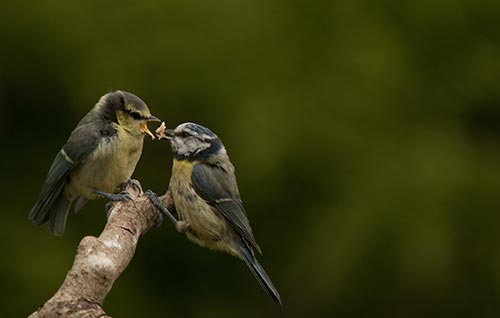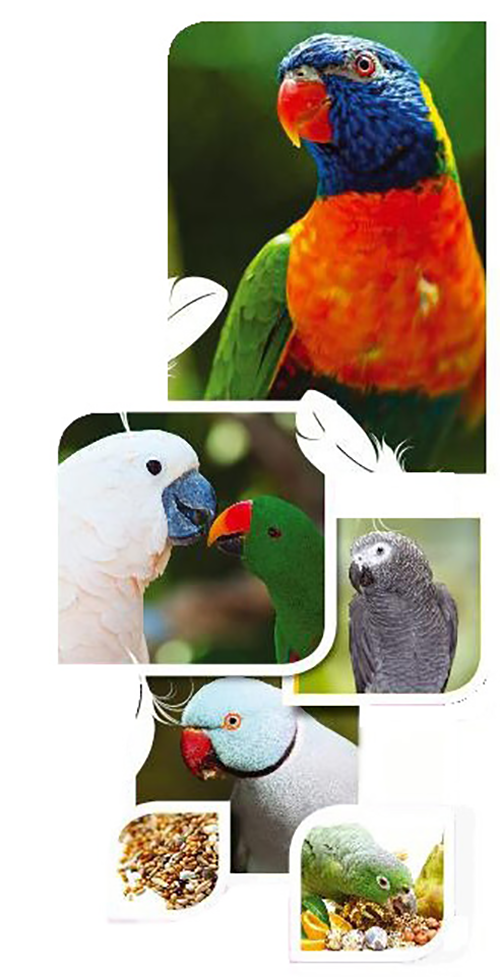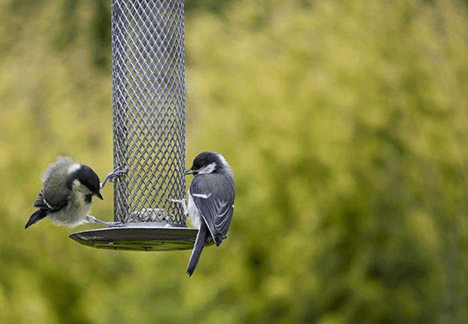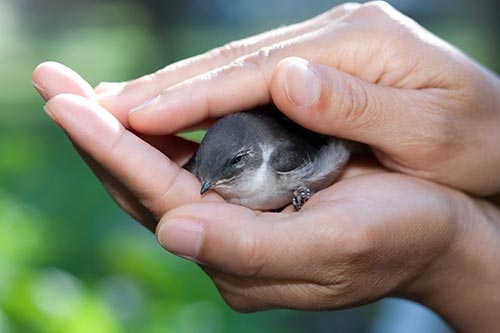Bird Munchies Bird Seeds, Feeds and Treats Available Australia-wide
This collection of articles written by industry experts in animal health and animal behaviour will give you information that can help you care for your pet. Pet owners should not rely on this information to diagnose or treat their pets and should seek advice from qualified medical professionals.
Caring For Your Bird
Whilst there have been many advances in the nutritional requirements for pets such as cats and dogs in the last 20 years, advances in pet bird requirements have been relatively minimal. It is not commonly understood by most pet bird owners that seed alone is not always a sufficient source of nutrition to maintain a healthy bird. Seeds are invariably deficient in calcium, sodium, vitamins A, D3, K, B12, C, choline and the essential amino acid lysine. Seeds are also deficient in many other vitamins and minerals and combined with insufficient
greens birds can suffer from many nutritional related disorders. As many as 60% of birds taken to vets require treatment for a nutrition related illness. In addition to normal requirements, there are times when birds need extra nutrition such as during early growth, laying, moulting or feeding their young. In the wild, birds must eat whatever food is available and birds that we know as seed eating birds will also eat nuts, grasses, insects, leaves, roots, bark, fruit, vegetables and scraps left by humans. The availability of certain food types will also vary depending on seasonal changes and migration patterns, therefore ensuring that birds receive a diverse diet.

Importance of Good Nutrition for Your Bird
Once a bird is kept as a pet, it is totally reliant on you for a balanced and varied diet. It is for this reason that Bird Munchies Gourmet Blend has been developed. The seeds used in Bird Munchies Gourmet Blend have been chosen for your bird’s enjoyment as well as their nutritional value. The red and green seeds are de-hulled oats that have been coated with supplements to provide essential vitamins and minerals. Nuts and dried fruit are also included for variety along with shell grit to aid digestion and provide additional calcium. Seeds such as wheat and sorghum (a round brownish/red seed) have intentionally been left out of the blend as most birds do not eat them and they are therefore wasted.
In addition to a balanced diet of Bird Munchies Gourmet Blend, you can provide greater variety and interest for your bird by adding some fresh foods. Birds have individual tastes and so it will take time to find the fresh food your bird prefers. Eating habits change slowly so the food they refuse at first may become their favourite later.

Food for Health and Fun
Feeding your bird is important for it to remain happy and most of all healthy. Foods to try on your pet birds include:
- Peanut butter
- Baked potato
- Corn on the cob (not dried)
- Cooked egg
- Various nuts
- Various fruits
- Canned tuna in water
- Clover
- Cooked beef or chicken

More about Caring for your Bird
Treats from your local supermarket are a cheap and entertaining way to provide additional nutrition. Cuttlefish bones, calcium or tonic blocks and Bird Munchies seed blocks all provide extra nutrition while the effort required pulling them apart keeps your bird occupied and active. Never feed your bird from your mouth. Our normal bacterial flora contains many organisms that are pathogenic (disease causing) for birds. Cage cleanliness is very important as birds will often go to the floor to eat left overs they have dropped and can ingest their own droppings accidentally.
Not all foods are safe for birds to eat, amongst these are raw almonds, raw potato, avocados, rhubarb leaves, tobacco and many indoor plants. Note also, that some safe plants may be toxic if they have been treated with sprays or fertilisers. It's always a good idea to check all possible plants your bird may come in contact with.

